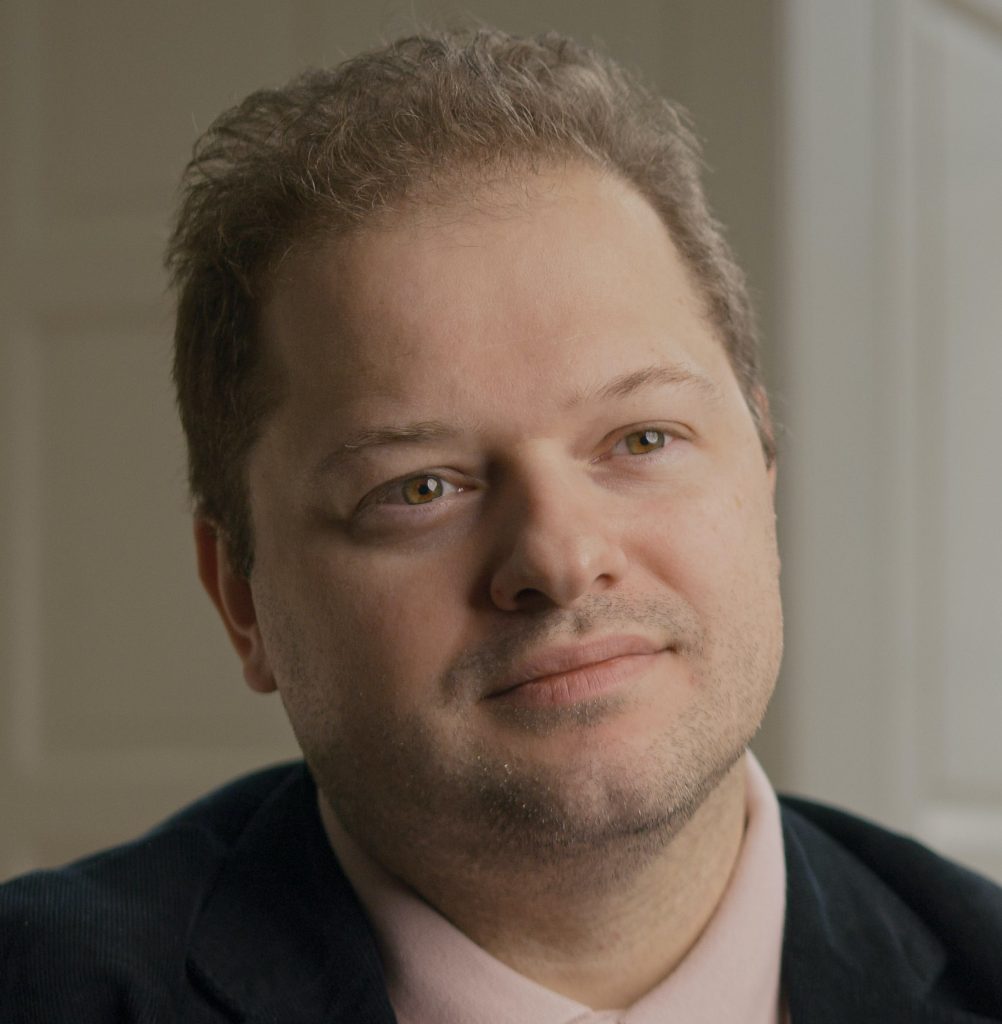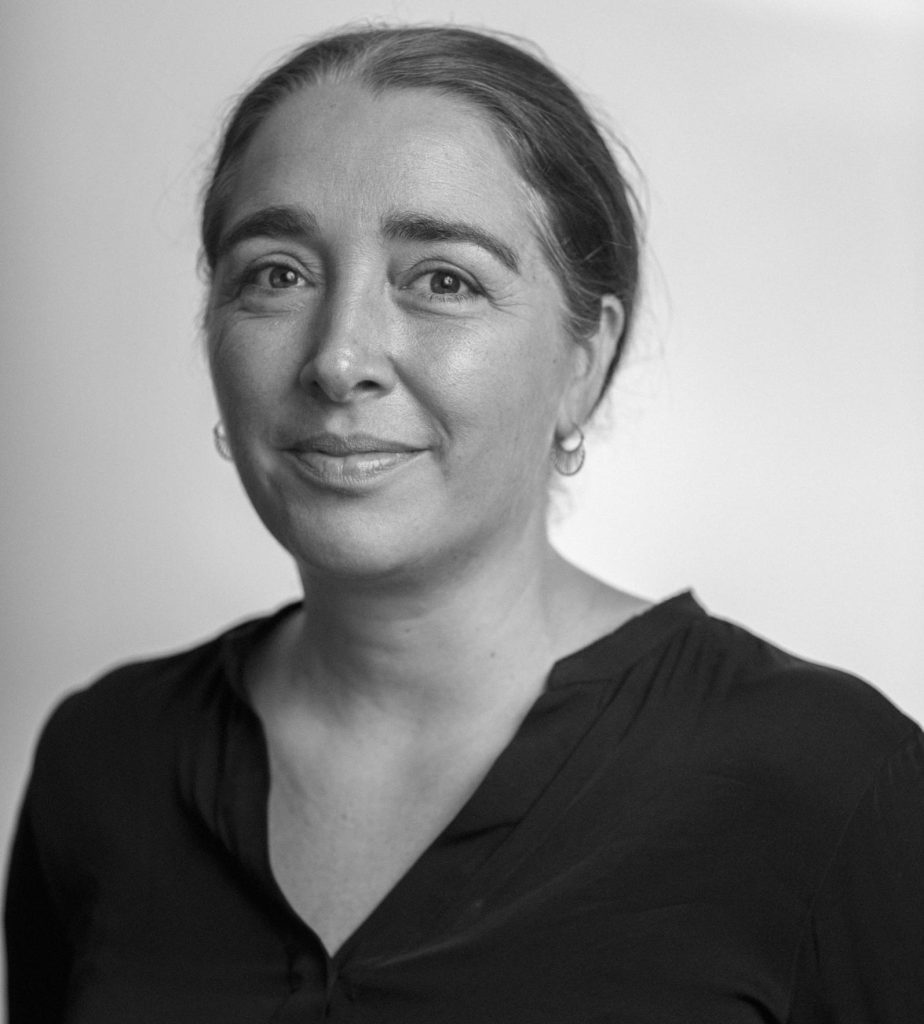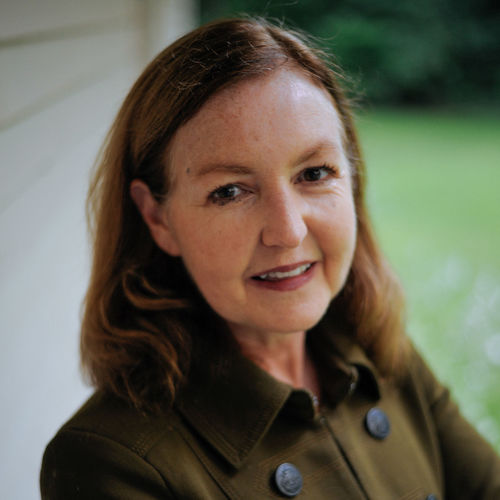Is Homocolonialism a Sound Argument to Advance Human Rights for LGBTQ+ People?

Dmytro Vovk is a visiting professor at the Benjamin N. Cardozo School of Law.
The concept of “traditional values” is often used to justify limiting women’s and LGBTQ+ rights around the globe. Supporters of traditional values argue that certain types of marriage, family, and sexual intimacy are not acceptable because they violate the dominant values, moral foundations, and patterns of behavior that have been entrenched in their societies for many years or even centuries. Therefore, they argue, the state should ban or restrict these “other” relations as harmful and should support traditional sexual and family relations as desirable and important for social well-being. People engaging in sexual and family practices that deviate from these norms are often labeled as marginals, perverts, or even aliens of the society and the state.


